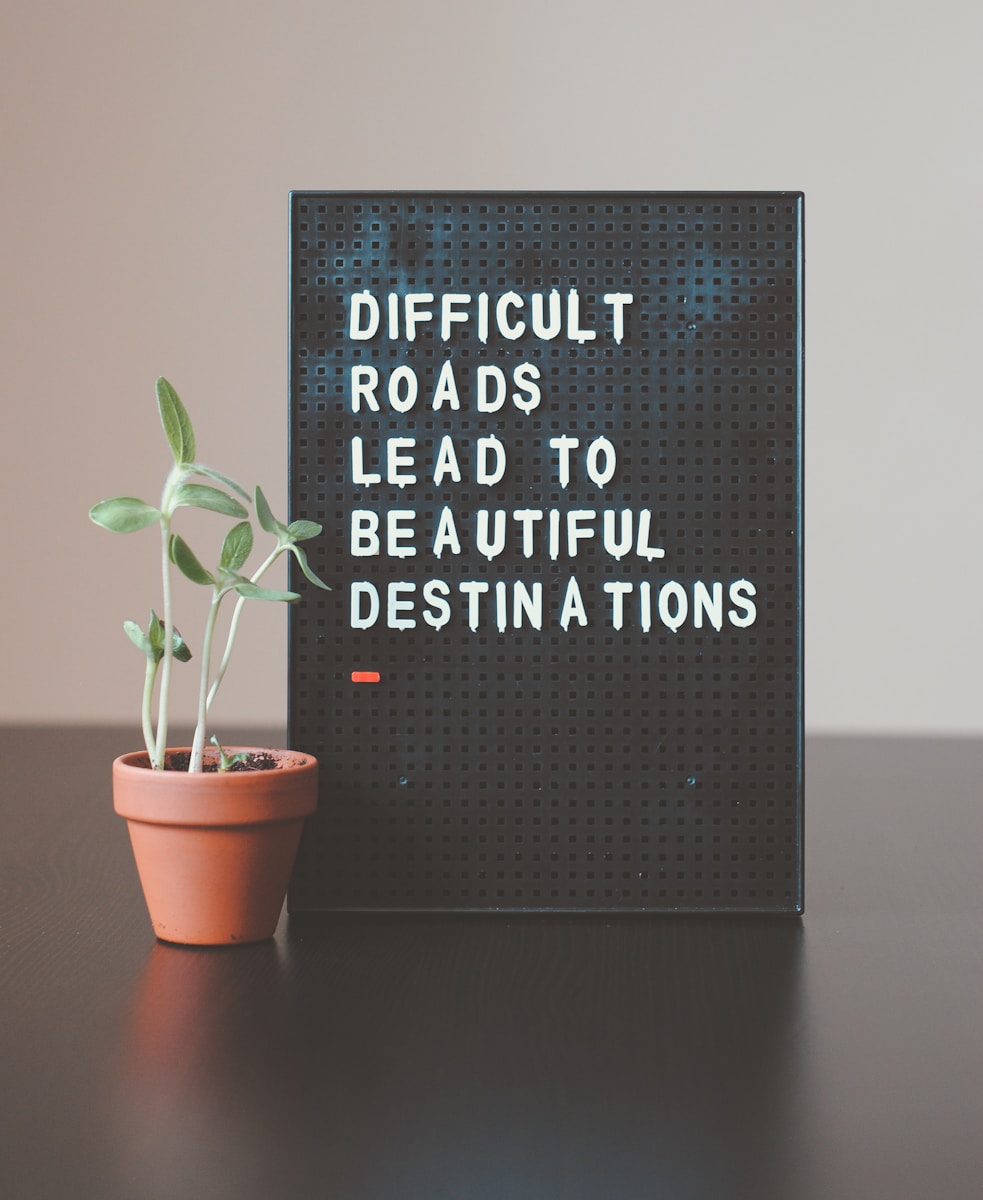- How to Find What You Want in Life: The Hate List Method (3 Steps)
- Core Values Discovery: Why You Don’t Know Who You Are Until You Watch Yourself
- Vision & Life Mapping: Why You Need a Clear Map And Not Just More Goals
- Purpose Beyond Goals: Why You Can’t Think Your Way Into It
- Self-Leadership Is Not Motivation. It is Responsibility.
Table of Contents
The Quiet Moment That Changed Everything
You think you know who you are.
I used to think that too. I had my list: freedom, honesty, courage. The usual suspects. But then a simple moment showed me I was fooling myself.
I was negotiating a deal. A small one. But my gut told me the way I was framing things was bending the truth. No one else would have noticed. It would have made things easier. But I felt it. That quiet, uncomfortable knot in my stomach.
That is when it clicked:
Your real values are not what you say.
They are what you do when no one is watching.
Why This Matters More Than You Think
If you build your business, your brand, or your life around values that are not really yours, two things happen:
- You lose trust with others.
-> People sense it when something feels off even if they can’t explain why. - You lose trust with yourself.
-> When your actions don’t match your internal compass, you feel stuck. Doubt creeps in. Confidence fades.
Whether you’re building an audience or leading a team, people are not looking for perfection. They are looking for consistency.
And consistency starts with closing the gap between claimed values and lived values.
Part 1: The Lie Behind “Knowing Your Values”
We all hear it:
“Write down your values.”
“Clarify your principles.”
It feels like a smart move. But most of the time, it is just wishful thinking.
You do not really know what you value until it costs you something.
Examples:
- You say honesty matters, but do you tell the truth when it puts you at risk?
- You say fairness matters, but do you slow down to help someone when it delays your own progress?
- You say freedom matters, but do you walk away from situations that trap you, even if it means starting over?
Until you watch yourself in those exact moments, everything else is theory.
Part 2: Why Most People Misunderstand Core Values
This is where things get subtle.
We all carry a gap between stated values and lived values. Psychologist Leon Festinger’s theory of cognitive dissonance explains it well:
We say we value one thing but often act in ways that contradict it.
Think about it:
- You say freedom matters, but you stack your calendar with obligations you hate.
- You say courage matters, but you avoid difficult conversations for weeks.
And you convince yourself it is fine.
“We all do it.”
“Life is complicated.”
That post-rationalization happens automatically. Jonathan Haidt’s research shows it is part of how our brains work.
We act first, explain later.
Unless we deliberately watch for the gap, we never notice it.
Part 3: How I Discovered My Own Core Values
My breakthrough was not some journaling session.
It was repeated patterns. Quiet signals.
Sometimes a decision would feel clear, even if it was hard.
Other times, it felt wrong even if it seemed like the “smart” move.
Over months, I noticed:
There were invisible rules running under the surface for me:
- Freedom
- Autonomy
- Love
- Fairness
- Courage
- Honesty
When I followed those, I felt good. Clear. Strong.
When I broke them, I felt off. Stuck. Heavy.
And the biggest insight? The gap showed up in small, everyday situations.
For example:
- When I’d give too much weight to someone’s approval
- When I’d justify bending a rule to move faster
- When I’d avoid honesty because it felt awkward
That’s when I realized: if I do not consciously watch these patterns, I drift.
Part 4: What Values Really Are
Values are not static. They evolve. But they don’t change minute to minute based on convenience.
Philosopher Charles Taylor calls them moral frameworks. Viktor Frankl said in Man’s Search for Meaning that even when everything else is stripped away, values like dignity and love remain.
In real life, that means:
Your values are the things you refuse to betray, even under pressure.
Not the things you post about.
Not the words in your bio.
The choices that cost you. That is where the truth lives.
Part 5: The Values Loop
To keep myself honest, I use what I call The Values Loop. It is a simple system:
- Watch my actions in tough moments.
Every day brings small tests. Notice them. - Write down where I stayed true or slipped.
Be specific. Example: “Chose not to speak up in that meeting. Felt off.” - Reflect: Was I consistent across all situations or selective?
It is easy to show values when it costs nothing. Harder when there’s real risk. - Adjust how I show up.
Make small course corrections based on the patterns. - Repeat.
Every day. Forever.
It is not a one-and-done exercise. It is maintenance for your integrity.
Why This Matters for Business and Personal Brand
Here’s the part most brand builders miss:
Your values are not a line in your About page. They are baked into your actions.
If you say honesty matters but your offers feel manipulative, people notice.
If you say freedom matters but your systems feel restrictive, people sense it.
If you say fairness matters but your pricing feels predatory, people pick up on it.
It is all pattern recognition.
As Marty Neumeier says:
“Your brand isn’t what you say it is. It’s what they say it is.”
Trust gets built not through bold statements, but through consistent signals over time.
Why I Wrote This
I wrote this not because I’ve mastered it perfectly, but because I’ve lived both sides.
The version of me who said one thing and did another.
And the version learning to close that gap, day by day.I hope this helps you spot that same gap in your own patterns. It’s not about judgment. It’s about clarity.
Your 7-Day Values Challenge
Forget writing a list for now. Here’s what I want you to do instead:
- Watch yourself for the next seven days.
- Write down one moment each day where you had to choose between easy and honest.
- Record whether your choice matched what you say you value.
- Review your notes at the end of the week.
That review will show you your real starting point.
Start today.
Not tomorrow. Not after another planning session.
Watch one small decision today.
Notice whether it feels clear or off.
That’s where your real values live.
When you close that gap, you become someone others trust not just because you say the right things, but because you live them.
If you want help mapping your own brand’s core values into clear positioning, get in touch. I’m here for it.
About Me
Can Dillioglu
My strong fields of interest are holistic nutrition, entrepreneurship and personal development with a passion for empowering individuals to achieve their best health, business success, and personal growth.
I help people cut through information overload to make clear, independent decisions that prioritize long-term well-being. My work focuses on honesty, authenticity, and building relationships.






Very Insightful and to the point! Theodore Roosevelt said “Comparison is the thief of Joy”.
Rationally it only makes sense to compare yourself to… yourself from the day/month/year before. As you said we all have different backgrounds (genes, upbringing, resources and karma to deal with).
Growth mindset = learning mindset. I believe we are all here (on earth) to learn. This mindset allows to celebrate both successes and failures as amazing growth opportunities..
Can’t wait for more articles from you!